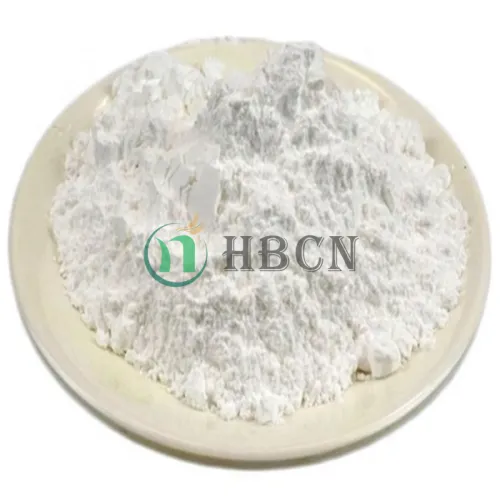
Sep . 12, 2024 07:20 Back to list
Difenoconazole
Difenoconazole An Effective Fungicide for Crop Protection
Difenoconazole, a member of the triazole family, is a systemic fungicide widely recognized in the agricultural sector for its effectiveness in managing a variety of fungal diseases. It is particularly valuable in the protection of crops, ensuring high yields and maintaining quality. This article delves into the properties, mode of action, application strategies, and benefits of Difenoconazole in modern agriculture.
Properties and Chemical Structure
Difenoconazole is a chemical compound characterized by its broad-spectrum antifungal activity. Structurally, it features a triazole moiety, which is essential for its fungicidal properties. This compound is typically utilized in various formulations, including emulsifiable concentrates, wettable powders, and granular forms, making it adaptable for different application methods. Its systemic nature allows it to be absorbed by plants and translocated throughout their tissues, providing comprehensive protection against fungal pathogens.
Mode of Action
The effectiveness of Difenoconazole stems from its unique mode of action. It works by inhibiting the biosynthesis of ergosterol, a crucial component of fungal cell membranes. By disrupting the formation of ergosterol, Difenoconazole compromises the integrity of the fungal cells, leading to their death. This targeted approach minimizes harm to beneficial microorganisms while effectively controlling harmful fungi. The fungicide is particularly effective against pathogens such as Fusarium, Septoria, and Rhizoctonia, making it a valuable tool for farmers.
Application Strategies
difenoconazole service

To maximize the efficacy of Difenoconazole, proper application strategies are essential. Timing is critical; it is advisable to apply the fungicide at the first signs of disease or as a preventive measure during periods of high disease pressure. Crop rotation and good agricultural practices should also be incorporated to reduce the potential for resistance development. It is recommended that farmers adhere to the manufacturer's guidelines on dosage and application intervals to ensure optimal results while minimizing environmental impact.
Benefits in Agriculture
The adoption of Difenoconazole has led to numerous benefits in agricultural practices. Firstly, its efficacy in controlling a wide range of diseases has allowed for improved crop health and increased yields. Farmers can rely on Difenoconazole to maintain the quality of their produce, which is particularly important in a competitive market. Additionally, its systemic nature reduces the frequency of applications compared to contact fungicides, resulting in labor and cost savings.
Furthermore, Difenoconazole plays a crucial role in sustainable agriculture. By effectively managing fungal diseases, it helps to reduce the reliance on other more toxic chemical treatments, contributing to a more environmentally friendly approach to pest management.
Conclusion
In summary, Difenoconazole is a powerful and versatile fungicide that offers significant benefits for crop protection. Its unique properties, effective mode of action, and strategic application make it a vital tool in modern agriculture. As farmers continue to seek sustainable and efficient methods to enhance crop production, Difenoconazole stands out as a reliable solution in the fight against fungal diseases.
-
Azoxystrobin: Broad-Spectrum Fungicide Solutions
NewsAug.11,2025
-
Best EPA Boscalid: Superior Crop Fungicide for Max Yields
NewsAug.11,2025
-
Best Willowood Imidacloprid: Superior Pest Control Solutions
NewsAug.10,2025
-
Best EPA Boscalid Fungicide: Ultimate Crop Protection
NewsAug.09,2025
-
Cyprodinil Fungicide: Broad-Spectrum Crop Protection
NewsAug.08,2025
-
Tembotrione Herbicide: Advanced 8% OD for Broad Spectrum
NewsAug.07,2025
